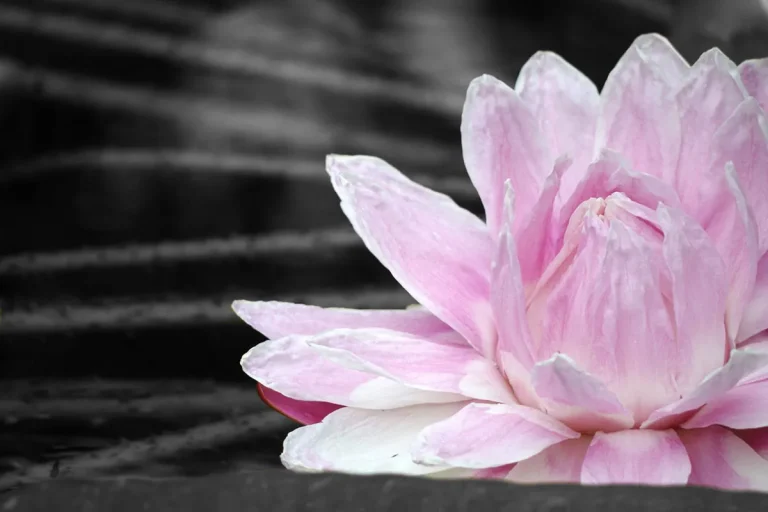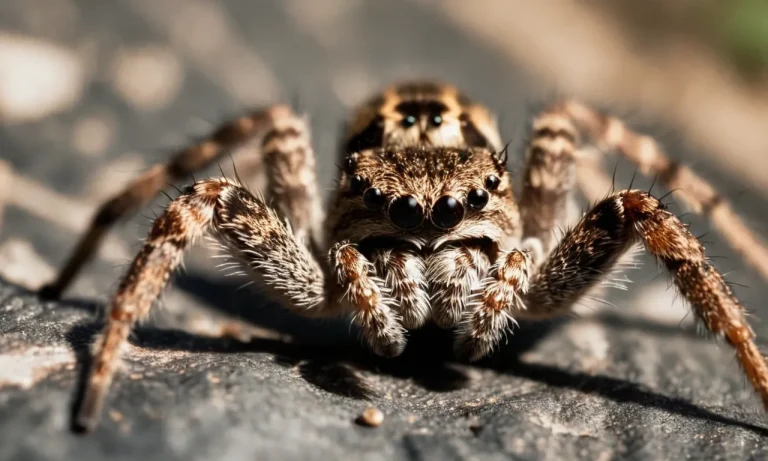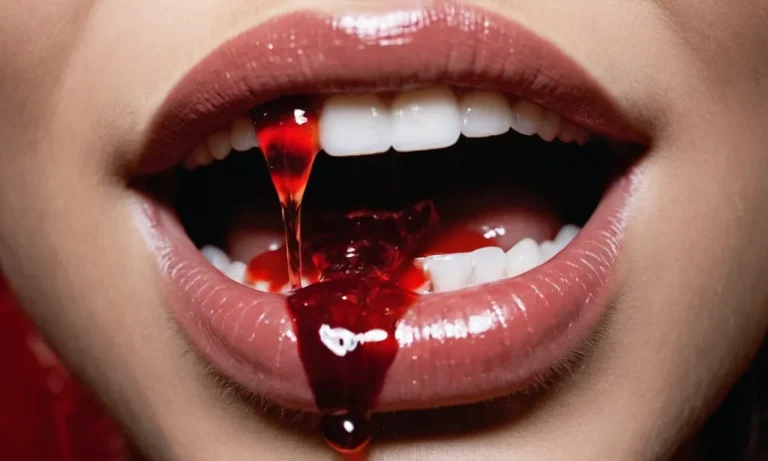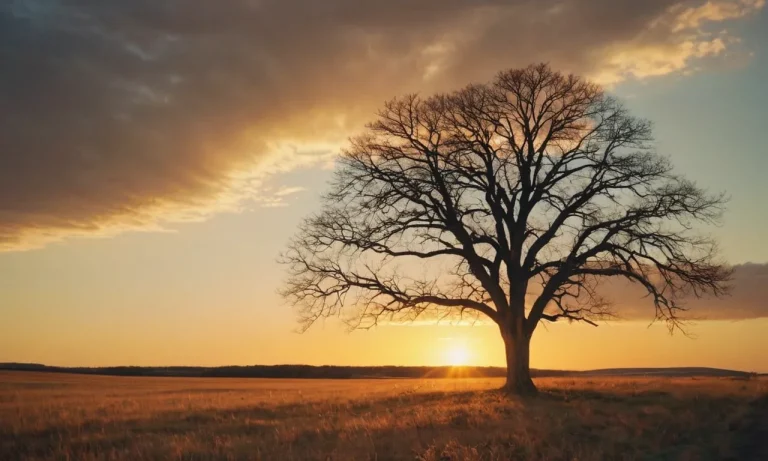Teeth hold deep symbolic meaning across various spiritual traditions. If you’ve ever wondered what your teeth dreams mean or why humanity has an obsession with teeth, this guide explores the extensive spiritual significance behind our pearly whites.
If you’re short on time, here’s a quick answer: Our teeth represent power, effectiveness, expression and how we ‘chew’ on life experiences. Losing teeth in dreams often signals feeling out of control or powerless in waking life.
In this comprehensive guide, we’ll cover the spiritual meaning of teeth from perspectives like dream interpretation, superstitions, global mythology and more. You’ll also learn why teeth play prominently across spiritual texts and what common symbols like fangs and rotting teeth represent.
Teeth Symbolism in Dream Interpretation and Superstition
The Meaning of Losing Teeth in Dreams
Losing teeth in dreams often symbolizes anxiety about a loss of power or control in your life. It can indicate feelings of vulnerability, or a life transition that makes you feel less equipped to handle challenges.
Some dream interpretation resources specifically link teeth falling out dreams to struggles with self-expression or communication problems in relationships.
Spiritual Meaning of Rotting or Falling Out Teeth
From a spiritual perspective, dreams about rotting, decaying, breaking, or falling out teeth represent feelings that some aspect of your life is falling apart or needing repair. It’s a sign that deep aspects of yourself, your relationships, or belief systems may be breaking down and need attention or healing.
Superstitions and Omens Related to Tooth Loss
In superstition, losing an adult tooth and not growing a new one predicts death or the loss of a family member. There are also superstitions about throwing a lost tooth up in the air – if it lands facing down, it’s very unlucky.
Finding someone else’s teeth can forecast an unexpected gift or windfall of money coming your way.
Interpretations of Clenching Teeth While Sleeping
Clenching or grinding teeth during sleep indicates tension and stress you may be internalizing. It can reflect anxiety, anger, frustration or fear that is not getting adequately expressed or processed when you’re awake.
Resolving daytime emotional conflicts and issues may help decrease this nighttime teeth behavior.
What it Means to Dream of Someone Else’s Teeth
Seeing another person’s teeth in a dream is said to symbolize them “biting”, attacking, or overpowering you in some area of life. It can indicate you feel unfairly criticized or judged by them. The symbolism reflects interpersonal power struggles – you may need to stand up for yourself more or set improved boundaries in the relationship.
The Spiritual Significance of Teeth in Mythology
Teeth Myths and Folklore Around the World
Teeth have held deep symbolic meaning in myths and folklore across cultures for thousands of years. In many ancient societies, abnormal dental features were seen as omens, either good or bad. According to Chinese myth, children born with extra teeth were destined to become emperors or great leaders, while missing teeth were an ill omen.
In Irish folklore, the mythic warrior Fionn mac Cumhaill was known for his strange teeth arrangement. His two front teeth were joined together, which was believed to grant him supernatural wisdom. This abnormal dental formation even had a name in Irish legend – féth fíada, meaning “deer’s teeth.”
Teeth falling out is a very common dream motif, thought to symbolize anxieties about loss of power or appearance changes. But in pagan Norse myth, teeth took on more sinister symbolism. Warriors who died in battle might be said to end up in the domain of the goddess Freyja, who was envisioned wearing a disturbing necklace made of collected human teeth as macabre battle trophies.
The Legendary Origins of Vampire Fangs
No mythical dental feature has captured more fascination than the elongated canine teeth of vampires. But where did this image originate? Archaeological evidence reveals that ancient civilizations like the Mesopotamians, Hebrews, Greeks, and Romans practiced ritual dental modification, intentionally filing certain teeth to sharp points for spiritual purposes.
This may have led to exaggerated legends of supernatural beings with similar dental features.
By the 19th century, European folklore abounded with vampire stories, spurred by epidemics of tuberculosis and cholera that made corpses appear bloated with blood. Books like Bram Stoker’s Dracula popularized the image of vampires with glistening fangs used to draw blood from prey.
While fictional, these chilling dental myths touched deep-rooted human fears of parasitic infection and contamination.
Gods and Heroes with Abnormal Dental Features
From the jagged lightning-bolt crown of the Greek thunder god Zeus to the dazzling tooth jewelry of Central American deities, divine dental symbolism occurs worldwide. The Vedic storm god Indra from ancient India was envisioned with rows of fearsome iron teeth.
In Maya mythology, the young maize god’s shiny jade teeth symbolized the ripe corn kernel.
Mortal mythic heroes also sported memorable teeth, like the Irish warrior Cú Chulainn. Legend says he had seven pupils in each eye and seven gems embedded in his teeth, symbolizing his supernatural might.
According to Hawaiian myth, some demigods like the wizard-trickster Māui had mouths stretching from ear to ear with dense shark-like teeth. Rows of sharp fangs accentuated their power and wildness.
Clearly, teeth have been potent symbols across human cultures for ages. Whether representing vitality, seduction, predation, or even the horror of death itself, mythical dental features touched primal desires and fears.
Our enduring fascination with abnormal teeth in legends and myths reveals deep unconscious meaning encoded in the gleaming anatomy of our very jaws.
Teeth Symbolism in Major Spiritual Traditions
Judaism: Honoring Deceased Ancestors with Gold Teeth
In Judaism, teeth symbolize honoring deceased ancestors and passing down traditions. As stated on My Jewish Learning, some very religious Jews even get gold teeth caps as a sign of wealth and status for the afterlife.
They believe that when the Messiah comes, the dead will be resurrected and reunited with their bodies. So preserving the body, including teeth, allows their ancestors to fully participate in the rewards of the afterlife.
This tradition of honoring ancestors through teeth is very old. A 2020 study published in the Journal of Archaeological Science found that over 2,500 years ago, Iron Age Judeans intentionally put gold foil caps on the front teeth of deceased loved ones before burying them.
This was likely done to symbolize their high social status and as a loving gift for the afterlife.
Hinduism: Admiring the Ferocious Fangs of Deities
In Hindu iconography, fangs and ferocious teeth symbolize both destructive forces and protection. As explained on Learn Religions, one of the most beloved Hindu deities, Narasimha, is depicted with a lion face and sharp fangs.
This represents the fierce protective nature of gods toward devotees who ask for salvation.
Other Hindu deities like Kali and Bhairava are also shown with bloody fangs and wearing gory garlands of skulls around their necks. Their terrifying appearance shocks followers into realizing that the gods both give life and destroy it.
But ultimately, their fearsome teeth and claws keep the faithful safe from demonic harm.
Buddhism: Conquering the Poison of Anger Through Wisdom Teeth
In Buddhism, the third molars are called “wisdom teeth”, reflecting the belief that only with age and experience can one conquer destructive emotions like anger. As wisdom teeth grow in during the late teens, this period is seen as a “spiritual ripening” where young adults must battle intense new emotions.
A 2017 research paper published in the Journal of Physiological Anthropology hypothesized a biological link between wisdom teeth and anger. The study found that wisdom teeth emerge during peak cortical development, which improves complex thinking and self-regulation skills needed to control anger.
In Buddhist symbolism, wisdom teeth represent gaining control over these “poisons”.
The Psychological and Philosophical Meaning of Teeth
Teeth and Expression: How We Give Voice to Inner States
Our teeth allow us to literally “give voice” to our inner world. When we smile or frown, bare our teeth in anger, or clench them in frustration, we are expressing emotions that originate internally. As such, our teeth make the invisible visible.
They act as a bridge between our psychological landscape and the outside world.
Sigmund Freud considered the mouth the first erogenous zone. From infancy, we derive pleasure and nurturing from breastfeeding and comfort from sucking our thumbs. Throughout life, the mouth remains a source of gratification through eating.
Given this primal pleasure, it’s fitting that the mouth also becomes our initial tool for communication.
The Link Between Teeth and Power Struggles
Teeth symbolize confrontation, conflict, and the struggle for dominance. Like animals baring fangs, humans reveal teeth when trying to establish authority. But teeth also represent the consequences of such power plays. Knocked out or broken teeth can result from alpha disputes.
As the hardest substance in the body, teeth conjure images of strength yet remain vulnerable to displays of force.
The link between teeth and power may explain dreams of losing teeth. Psychologists propose this represents anxiety over a loss of power or control in life. Alternatively, it may symbolize a rite of passage into older age and increased wisdom gained through life experience.
Learning Through Life’s Hard “Bites”: Teeth Symbolize Processing Difficult Experiences
There’s no delay quite like the agonizing wait for novocaine to kick in at the dentist’s office. The grating whirl of the drill reverberates through skull and memory alike as we grimace through procedures that would seem brutal in any other context.
And yet, the dentist’s chair teaches us much about endurance and self-care.
Like the external surfaces of teeth, the enamel of the soul accumulates residue from life’s abrasions. Painful or challenging experiences often require deep processing to cleanse and restore. The dentist must penetrate layers of plaque and decay to save the tooth within.
So too, must we examine painful memories and lessons, excavating meaning from their depths before we can surface whole again.
Conclusion
As we’ve explored, teeth hold profound symbolic significance across cultures and spiritual worldviews. From the fangs of ferocious deities to visions of crumbling teeth telling us to speak our truth, humanity has long been captivated by the spiritual meaning behind our pearly whites.
Understanding this extensive symbolism helps us better interpret confusing dreams, explore cultural mythologies, and connect more deeply with timeless spiritual wisdom. Whenever you grin at your reflection or have another teeth-filled dream, remember just how much depth resides behind those superficial chompers.






